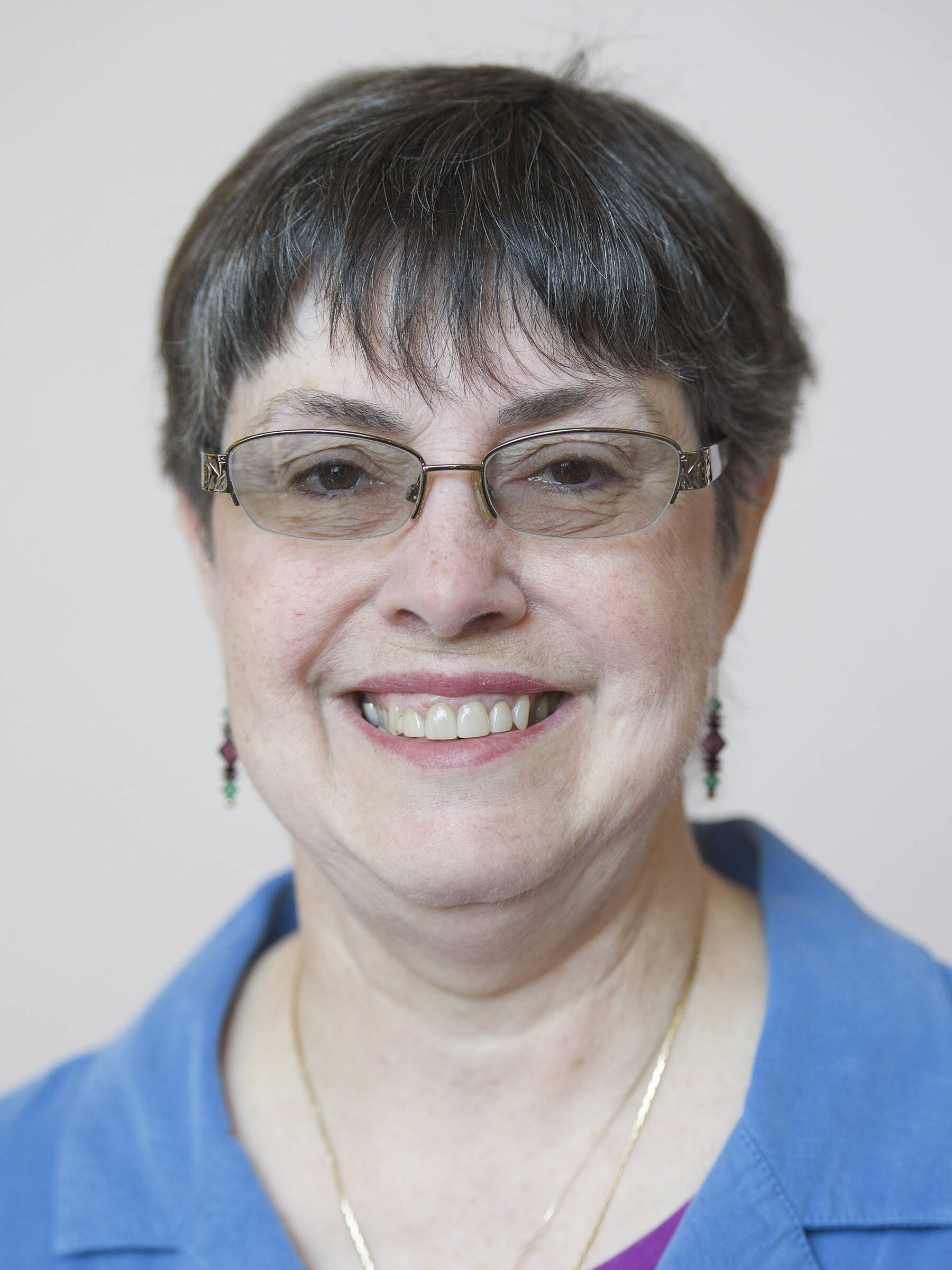Ahead of the Oct. 4 municipal election, the Empire is also partnering with the League of Women Voters, a nonpartisan organization that does not endorse parties nor candidates. Candidate bios and answers questions that the league developed will appear online as well as in editions of the Empire. In cooperation with the Empire, KINY and KTOO, the league will hold a virtual candidate forum at 7 p.m. on Sept.14.
Name: Deedie Sorensen
Date and place of birth: 1951, Billings, Montana
Length of residency in Alaska and Juneau: I have lived in Juneau since 1981
Education: I graduated from Billings West High School. I earned a B.A. from the University of Montana in Sociology and Anthropology and another B.A. in Elementary Education at the University of Montana. I earned a M.S. in Education with an emphasis in Early Childhood Education and a graduate level endorsement in Special Education from Eastern Montana College (Montana State University Billings).
Occupation(s): Elementary Regular and Special Education Teacher 1973-2018 (retired 2010); Medical office clerical and billing 2018-2021
Family: Husband: Stephen Sorensen, Son: Thomas Sorensen
What ideas do you have for increasing family engagement in students’ education in a positive way?
Parents engage with schools in different ways. It is important that our schools are a welcoming environment. Parents of school age children are adults. Many, if not most, have full time jobs. Too often “family engagement” becomes extra activities for already busy people. Families are an integral part of their child’s future success; engaged parents understand that education at every level is an apprenticeship for the next level. The pandemic made it clear that, for most students, the school classroom is the optimal place for education success. In 2022, optimal positive family engagement is getting students to school on time, rested, and prepared every day they are healthy enough to attend.
In terms of school renovations needed, which is your top priority and why?
Beyond roof issues and exterior repairs, two buildings need significant renovation and repair: (1) Marie Drake houses Yaakoosgé Daakahídi, the alternative high school program; Montessori Borealis, a PreK-8 optional program; Homebridge, JSD’s distance/homeschool optional program; administrative offices; and specific high school classes, and needs significant upgrades to mechanical systems, exterior repair and classroom renovations. (2) Mendenhall River Community School also needs interior and exterior upgrades as it has had virtually no significant interior or exterior repairs/replacements since it was built in the early 1980’s (with the exception of roof work due to installation failure in the ‘90’s). Every other school in the district has had substantial renovations, some more than once. It is time to take care these buildings.
What can the school board do to protect the safety of our students?
This is an area the School Board takes very seriously. Our goal is to have our schools be welcoming, secure and safe places that optimize the learning environment. All of our classrooms now have doors that can be locked quickly from the inside. The district has safety training in place for staff and students. The district has developed emergency preparedness plans with Juneau’s first responders. District staff also has annual trainings for emergency situations. JSD has increased staff for emotional and behavioral supports for students in addition to ongoing staff/building training in social and emotional learning to better support students. Cyber safety/security is an area of ongoing focus and education.
How are Juneau schools preparing students to be informed voters, and what if anything would you change.
While Millennials seem to be more politically engaged then the previous generation, one supposes their public school education influenced their civic engagement. For younger generations, decades of high stakes standardized testing focused on reading and math, has effectively reduced the emphasis on social studies and science. This has negatively impacted history, civics, science and environmental science beginning at the elementary level. I believe it is imperative that we recommit to the importance of social studies, American government and civic engagement. Our graduates should understand the structural elements of our constitutional democracy and their responsibility as citizens. They need to be truth and fact seekers, so that they are empowered to move the vision of a constitutional democracy forward.
How can JSD prepare older teens for the challenges of starting work life, getting tertiary education, staying healthy, starting a family and participating in our community?
The entire goal of schooling is to prepare students to be constructive members of the adult community. Our district’s vision is: “…to graduate diverse engaged citizens ready for a changing world.” Preparation for this begins when children start school. Habits of work, sportsmanship, asking for help, coping strategies, strategic and critical thinking skills, time management, research skills, problem solving, goal setting, and effective interpersonal communication are critical for personal success. These skills are constantly emphasized in age-appropriate ways at every grade level. The ability to apply these everyday skills to one’s real life in the workplace, personal health and personal responsibility are the road to successfully participating in our or any community.
What is the most critical issue currently facing the School Board, and what actions would you take?
Lack of adequate state funding for education programs and building maintenance is a critical issue. State funding for K-12 schools has been held stagnant, resulting in significant budget cuts, since 2017. State funding for several decades has not supported the technological realities/costs of educating students in the 21st century. Basically, current school budgets cover essential staff and keeping the buildings open. Additionally, we need to continue to press the case for the importance of publicly funded pre-k education at the state and local level. A robust, full day pre-k program focused on social skills and enriched language development will expand high quality early childhood education in our community and provide parents with a childcare option.

